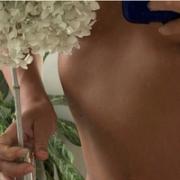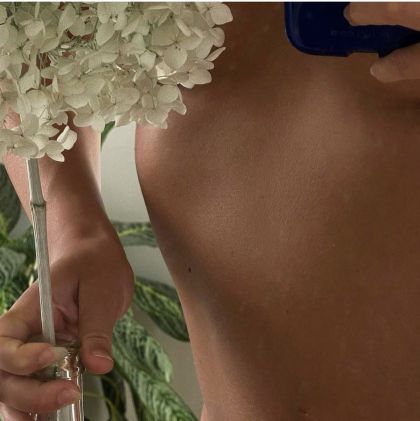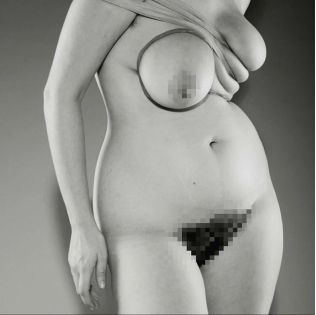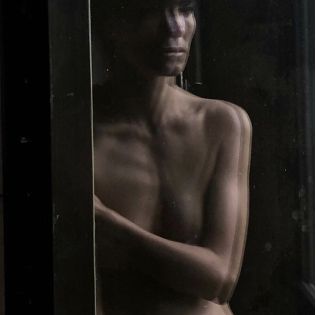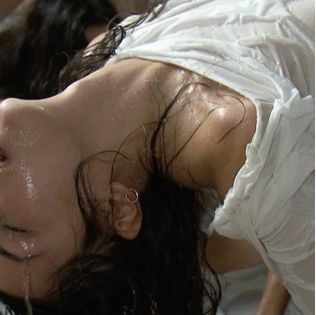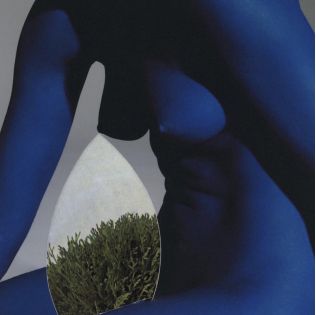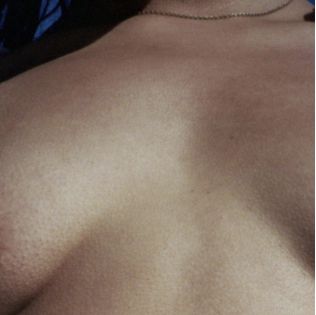Sex, Lies, And Videotape
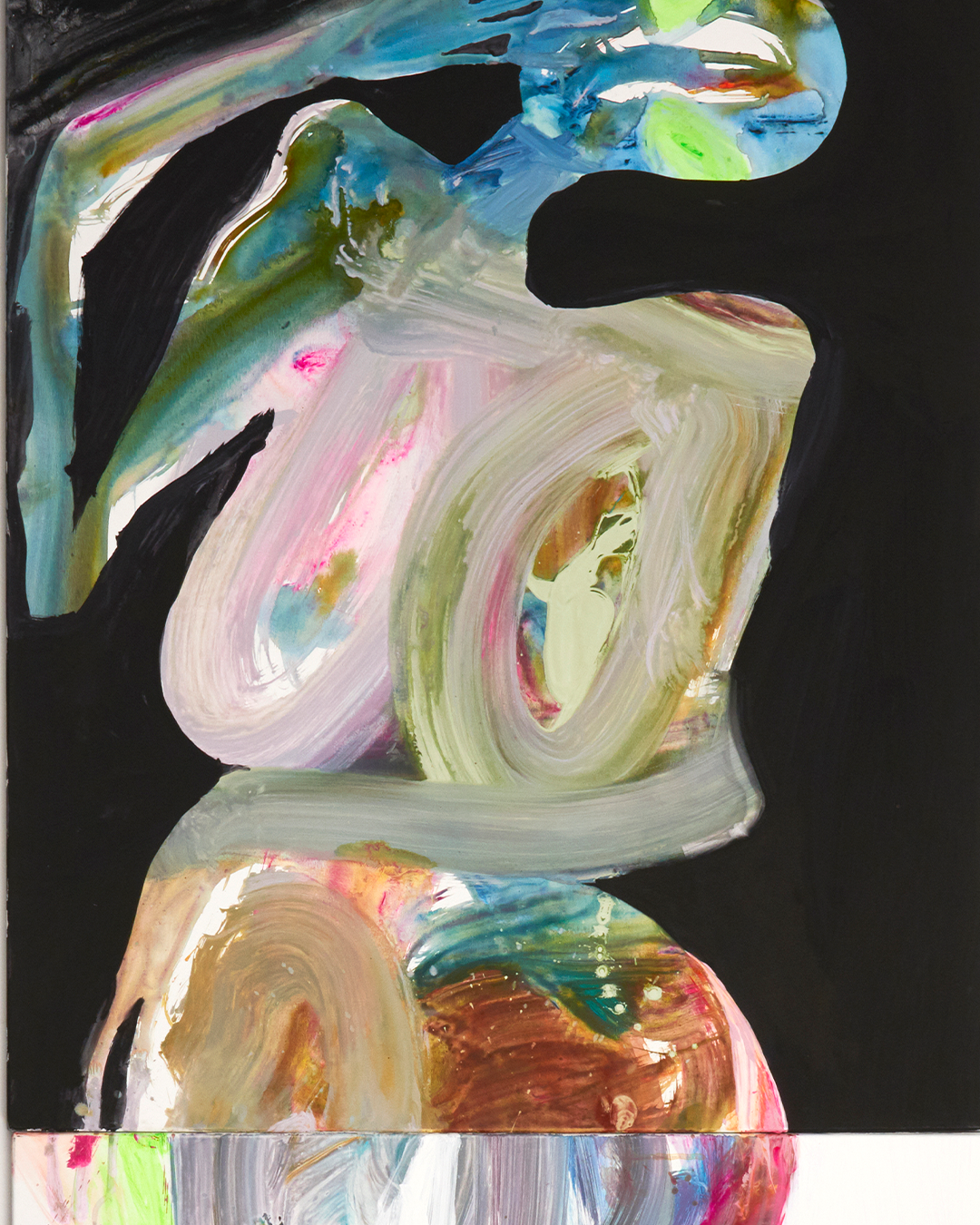
Par Femme meets podcaster extraordinaire and cultural critic Karina Longworth, of You Must Remember This fame, to discuss the nuances and complexities of sex, pleasure and cinema.
Back in 2014, podcasting was having A Moment. True-crime series Serial became the format’s first blockbuster. The New York Times declared the podcast had ‘moved beyond being a nerd curio’. And cultural critic and entertainment reporter Karina Longworth launched You Must Remember This, a podcast, as Longworth says in its intro, ‘dedicated to the secret and/or forgotten histories of Hollywood’s first century’. Since its debut episode—a deep dive into the successes and struggles of blonde bombshell actor Kim Novak—Longworth has rigorously unpicked the myths underpinning the Hollywood system and its stars. The podcast hit the mainstream following an impeccably researched season on Charles Manson’s Hollywood.
Yet not only does Longworth expose the drug- and sex- fuelled underbelly of old Hollywood (when cigarettes were on-screen placeholders for sex), but she revives the reputations of stars that were swallowed up by the patriarchal film industry and never got their due. She’s worked to dispel sexist myths and rumours about old Hollywood stars—such as Veronica Lake and Marilyn Monroe—and doesn’t shy away from relating those old behaviours back to the contemporary entertainment industry. Longworth’s latest series, Erotic 90s, unpacks the surge of films in the ‘90s exploring the sex lives and desires of adults, dips into the cultural landscape that enabled those films to thrive, and asks—like its predecessor, Erotic 80s why has Hollywood become so sexless since? Par Femme sits down with Longworth to discuss the new season, the complexities of sex on screen, and cinema’s enduring male gaze.
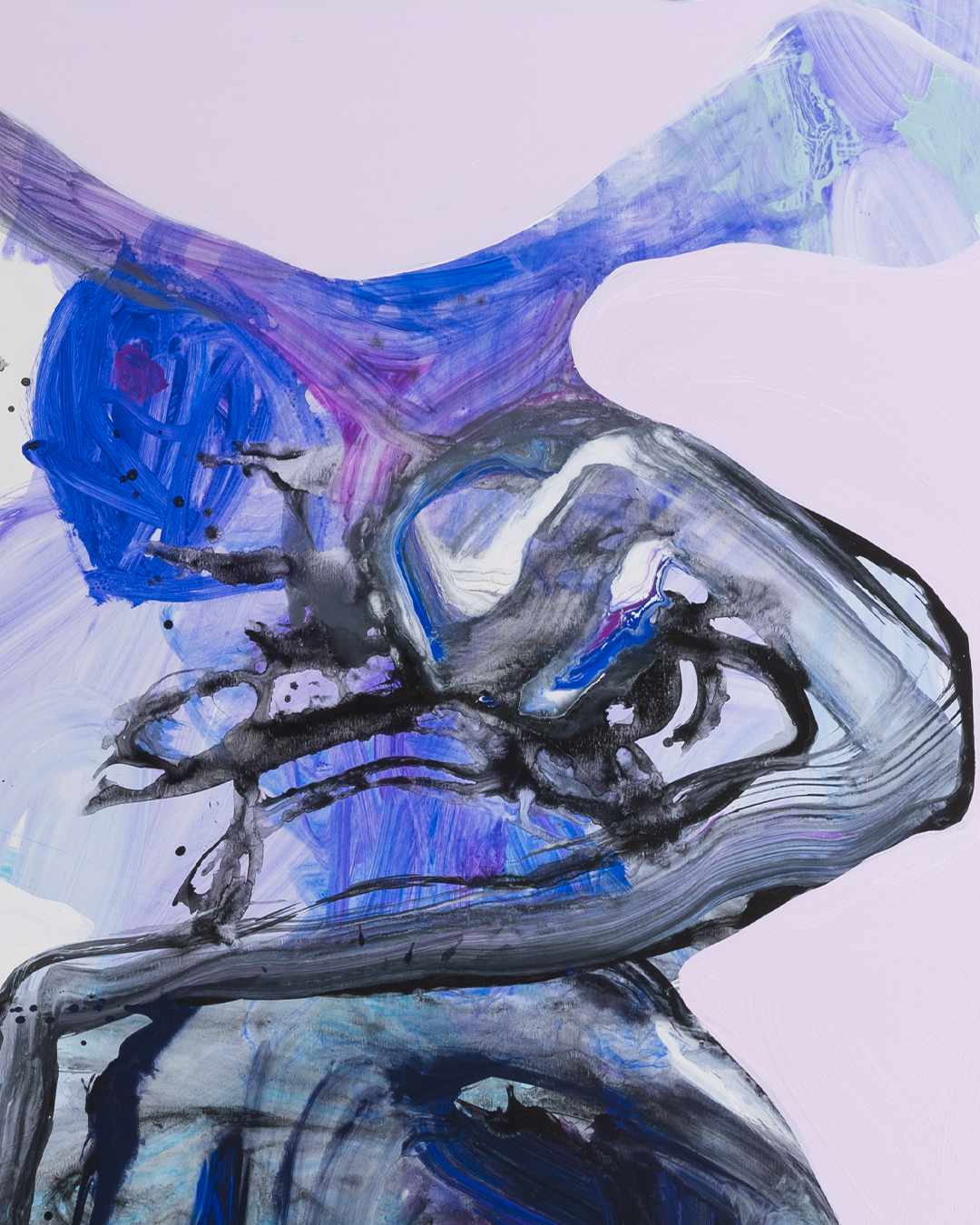
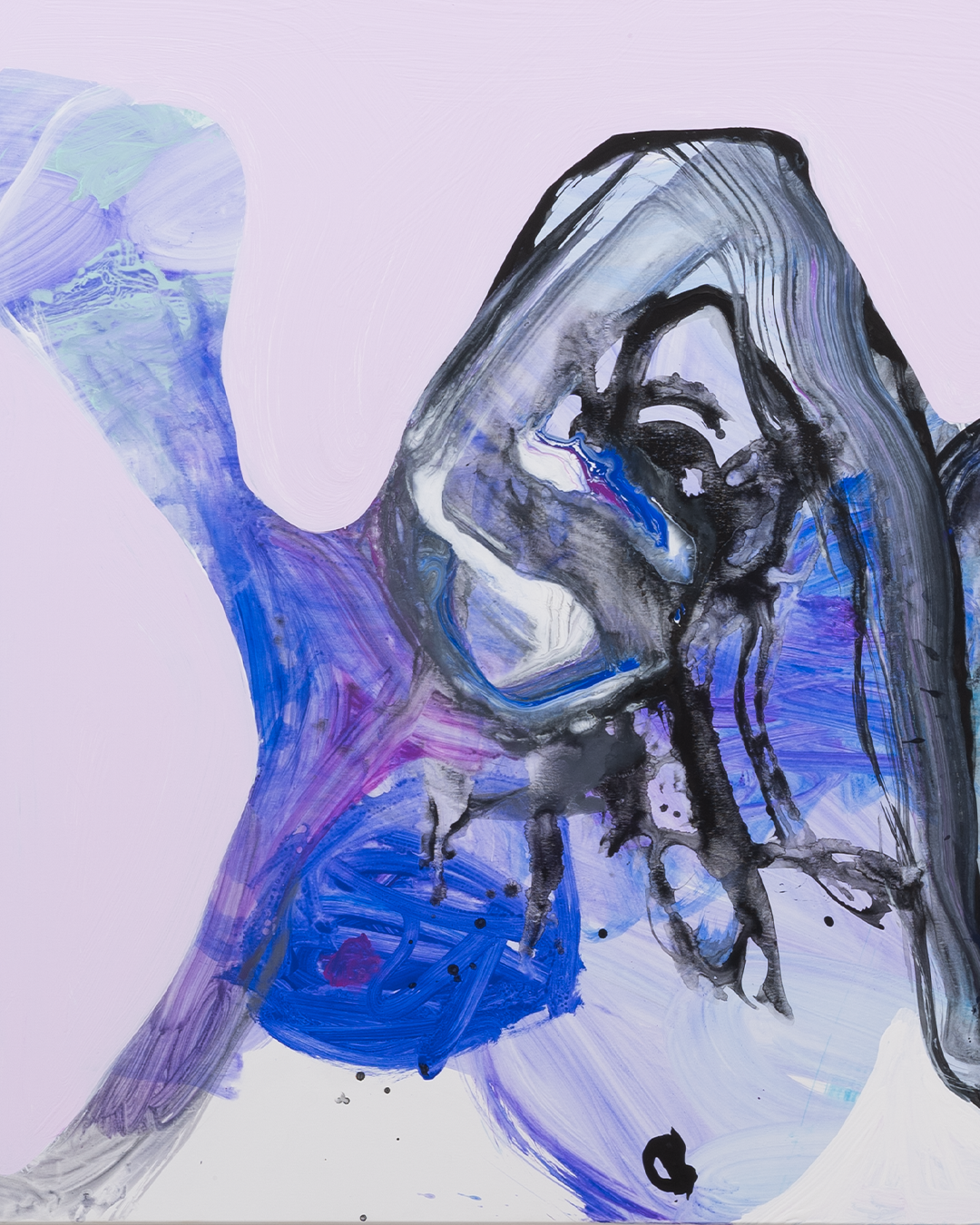
PF: The relationship between sex and cinema is something you’ve explored in your podcast You Must Remember This. There were the Howard Hughes episodes, then episodes on Gloria Grahame and Madonna. Last year you did Erotic ‘80s and this year it’s Erotic ‘90s, both of which work their way through a decade of erotic cinema. I wonder if you can remember the first time you encountered sex in film, and how it made you feel?
KL: I think the first time that I really saw sex on film was in this independent British movie called Wish You Were Here. I was probably seven or eight years old and I was just sitting on the floor playing while my parents watched it on VHS. And I remember the plot is that there’s this 16-year-old girl who has an affair with an older guy and becomes pregnant. And I remember my dad leaving the room for a few minutes. And when he came back, the 16-year-old girl is pushing a baby in a carriage. I remember my dad asking my mum, ‘Is that from the older guy?’ And she said, ‘Yes’. And so I thought you could only get pregnant if you were involved with an older guy. So that’s my first memory of being aware that what I was seeing in a movie was sex.
That’s so funny because from there it’s sex and consequence immediately, right?
Yeah.
Well, my first experience was James Cameron’s True Lies with Jamie Lee Curtis, where I was just like, ‘Oh, she’s taking her clothes off. Okay’. [Laughs]
I actually just watched that movie for the first time in 2020. And this is kind of related to Erotic 80s too, but my husband [the filmmaker Rian Johnson] and I ended up watching a lot of movies that one or the other of us hadn’t seen. And so that was one that I had never seen. Actually, he had worked with Jamie Lee Curtis right before that, and she had sent us a DVD of it because I had never seen it.
I love that she sent it. I find your ‘Erotic’ seasons so interesting because I’ve always seen your podcast as A, a place I go to learn film history and gossip, but also B, to learn about all of these amazing films I may have missed out on. I found it interesting, when you first announced you were exploring erotica, my first reaction was ‘Oh, but aren’t a lot of those movies bad?’ And I realised I grew up with this prejudice ... maybe it’s my own upbringing, or just how we’ve moralised these movies. I always had this inherent bias against the artistic value of ‘sexy’ Hollywood films, like Fatal Attraction and Dirty Dancing. How much did you enjoy watching these films, and how did you decide how to structure the season around them?
Well, first of all, I really have enjoyed watching these movies. I think most of them are very good. And even ones that I think are bad, like Jagged Edge, [are] still fun to watch and talk about. Originally, all I knew is that I wanted to do one episode per year and then I just started going through IMDb, watching movies, trying to figure out if that made sense. And more or less it did. Some of the episodes are about two movies.
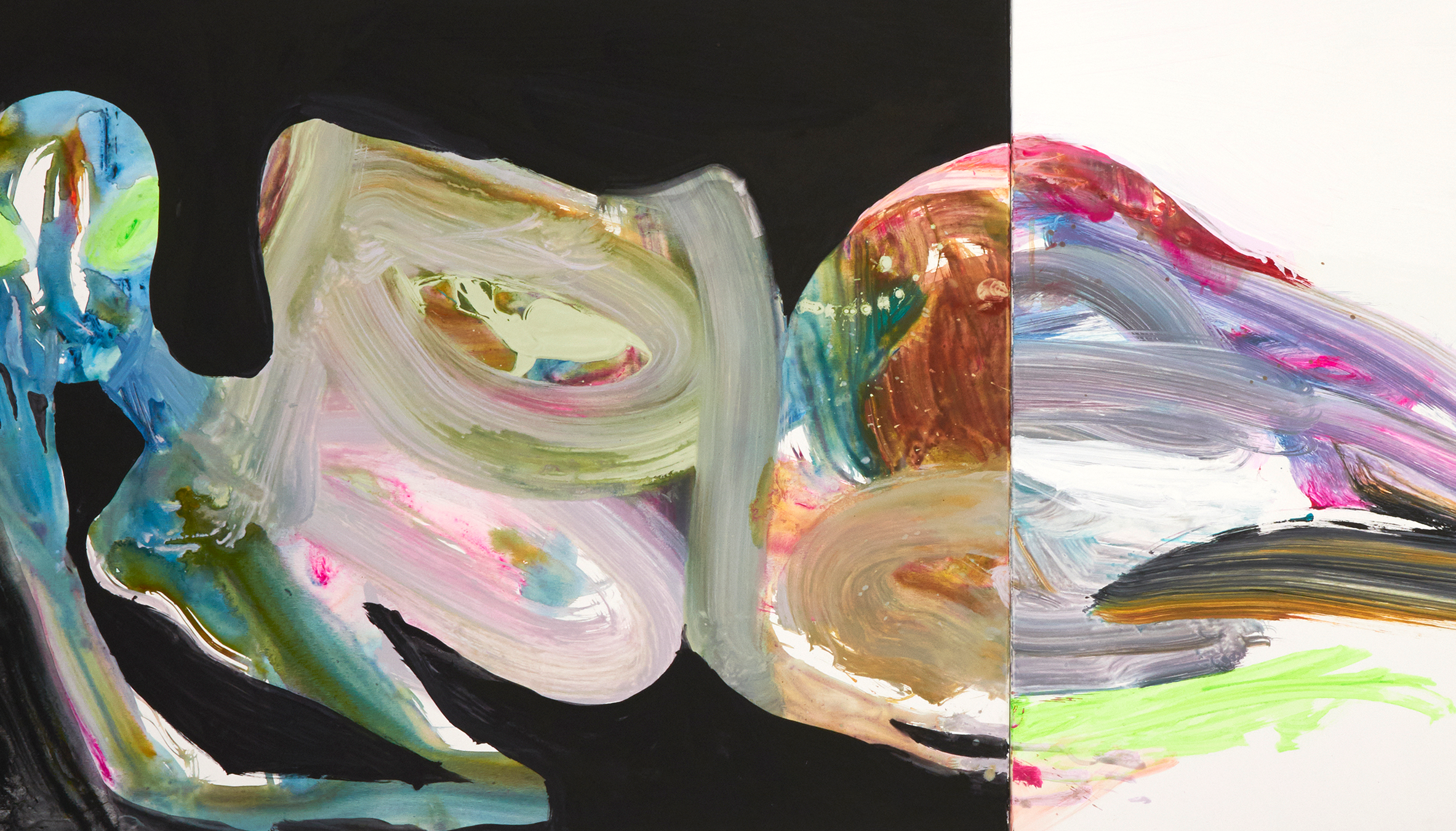
I really enjoyed how you’ve organised the season per year, and how the listener can see the sexual mores change over time. I found that a lot of these films were so much more complicated than I thought they were.
Yeah, I think that’s true. I think not only are the movies more complicated, but the discourse surrounding them is more complicated than we might have a memory of, or might have assumed. I think sometimes lately we have this idea that everything was very sexist and misogynist and racist and terrible until five years ago. And, in fact, there’s always been nuance. There’s always been people who have differing opinions and discourse about those opinions, to various extents, in the public space.
I think sometimes lately we have this idea that everything was very sexist and misogynist and racist and terrible until five years ago. And, in fact, there’s always been nuance.
A lot of the season is about the extent to which feminists, or people who aligned with a feminist point of view, did not think that any kind of sexual violence should be depicted in movies. And I find myself seeing that argument today from young people, that idea that nothing that could be potentially triggering should be in a movie. And so I think those are related things where on the one hand you could say, ‘Why would you even make a movie about that?’ And on the other hand you could say, ‘If we don’t make art about these things, that’s equivalent to pretending they don’t exist’. And as human beings, we understand the world we live in and the things that happen to us through literature, through movies, through art.
I recently got into Paul Schrader because of your episode on American Gigolo. I’m going deep into his filmography now, and I’m so excited he received a lifetime achievement award at the Venice Film Festival.
I know. He’s a really good example of somebody where I think people want him to be this problematic grandpa. But the movies are so rich and so fascinating, and obviously provocative. I really loved The Card Counter, even though I think there are certain things about it that are a little cringe-y and offensive.
In a lot of what you do I see a reclamation, centering feminist—and sometimes queer—perspectives in otherwise very male-dominated histories. At what point in your movie-watching life did you realise the movies were rigged against women and queer people?
Well, I don’t think I thought about it that much when I was growing up. And if I did think about it, it was in this context of the ’90s, which was a time for me as a teenager when I felt like the message I was getting from culture is that feminists are annoying. And if you want men to like you, both as a potential boyfriend but also in the professional sphere, if you don’t want to piss men off, you won’t say feminist things, or you won’t identify in that way.
So I certainly was not going to seek out those perspectives at that time. And the first time it was really introduced to me was when I was an undergraduate, and we were asked to read the work of Laura Mulvey on the male gaze in cinema. At first I think that I was really resistant to this idea, that at first I was very much like #notallmovies. But there’s certainly a lot of truth to the idea that, for the most part in classical cinema, women are the objects, they’re not the subjects. And I do think that started to change significantly in the 1960s and ’70s, but it never became balanced. It has never become balanced.
I remember growing up and reading, for example, that Katharine Hepburn is this feminist icon. And then I get into her big films, like The Philadelphia Story, Woman of the Year, and at the end, in a lot of those films, she’s put in her place.
Yeah, I think a lot of that’s part of this very specific systematisation of patriarchy in the Hollywood movies, where you can show a woman having a career or choosing not to have babies, or making decisions that privilege what she wants over what a man wants, as long as in the end of the film she throws all of that away. There’s been a lot of good writing about that. There’s this great book called A Woman’s View by Jeanine Basinger, which is entirely about that kind of thing happening in the movies of the 1930s and ’40s.
I do think that started to change significantly in the 1960s and ’70s, but it never became balanced. It has never become balanced.
They can have pleasure, but they might die in the last frame.
Yeah. I don’t know if this makes perfect logical sense, but I always connect it to the thing [in] Dancer in the Dark where the character’s whole thing is, I’m not going to watch the last scene of the movie. And to a certain extent, women going to the movies in the ’30s and ’40s, if they walked out before the last scene of the movie, they could pretend that women could just be, you know, doctors. They could pretend to have this kind of liberation without having the comeuppance.
Is it true that you did a lot of the research for the Erotic series’ from your own vintage magazine collection?
For the most part, yeah. And I acquired a lot more magazines through the process.
I was recently in the Condé Nast library looking through old magazines, and I read this old Jack Nicholson cover story for GQ. It’s insane the stuff he was saying in those days.
Yeah, nowadays everybody’s so media trained and everybody has a publicist who shuts everything down as soon as it gets interesting. And I don’t know why it took 25 years between the advent of New Journalism and a certain critical mass on the internet for that lockdown to happen, but there’s definitely a golden age of celebrity and entertainment journalism that is accessible through these magazines. And lately I find myself more interested in that than I am in the traditional golden age of Hollywood.
I was listening to my friend Molly Lambert’s podcast Heidi World. In the last episode she talks about this period where Charlie Sheen had his ‘meltdown’. And the last story I wrote when I worked at the LA Weekly was a cover story of him when he was trying to prove that the meltdown was over. It was this thing where his old-school Hollywood publicist, a 75-year-old man, met me at Charlie’s mansion and was just like, ‘You have to sign an NDA before you can go in’. And I was like, ‘I’m a reporter. What does that even mean?’ And he was like, ‘Well, it’s just so that you don’t sell anything that you see here to TMZ’— but I could write about it for my story. So it’s just a very weird thing. And then he shows up two hours late and he has a bizarre cut on his nose.
Oh my God.
It was just his thing where he’s obviously still having problems, but we’re supposed to talk about how it’s all behind him.
I find your trajectory so interesting, in terms of traditional careers in academia and even publishing, how you’ve always coloured outside the lines. You were at the forefront of blogging in the mid- 2000s and podcasts in the mid-2010s. I’m curious, personally, why do you think you’re so willing to jump into the unknown?
Well if anybody had offered me a traditional path, then maybe I wouldn’t be. I started blogging when I was finishing up grad school and I couldn’t get a job in magazines. And with podcasting, I had finally gotten a job in a newspaper, and it was at a time when the industry was just changing so much, and so my dream job of working for my local alternative weekly, the reality of it was very different than the dream had been. I started podcasting because, partially as somebody who consumed media, I was realising that I was enjoying consuming media through audio more than I was [enjoying] reading a blog or reading articles on the internet.
And part of it was because I just didn’t know what else to do. Nobody was offering me anything else. So if there had been any other path [where] I could do what I felt like I was really good at, which was doing this research and digesting it and turning it into storytelling, if there had been any other pathway for that in a more traditional way, then I wouldn’t have had to do it independently and do it in this new way. But, I don’t know. I don’t want to take too much credit for being a trailblazer or anything.
You are, though ...
But I feel like if anybody just offered me an easy, conventional way of doing things I would do it. But nobody ever has.
I was going to say that, when you started, film discourse wasn’t as nuanced as it is now. But I think that’s because you were such a big part of that shift—this podcast has been such a big part of that shift.
Well, I made a show that I knew I wanted to listen to, and I knew that there wasn’t anything like it. And so I figured it wouldn’t be a market that was oversaturated. And now the market is pretty oversaturated. So it would be hard for me to say to someone, ‘Just make the podcast you want to hear’. Things were very different in 2014.
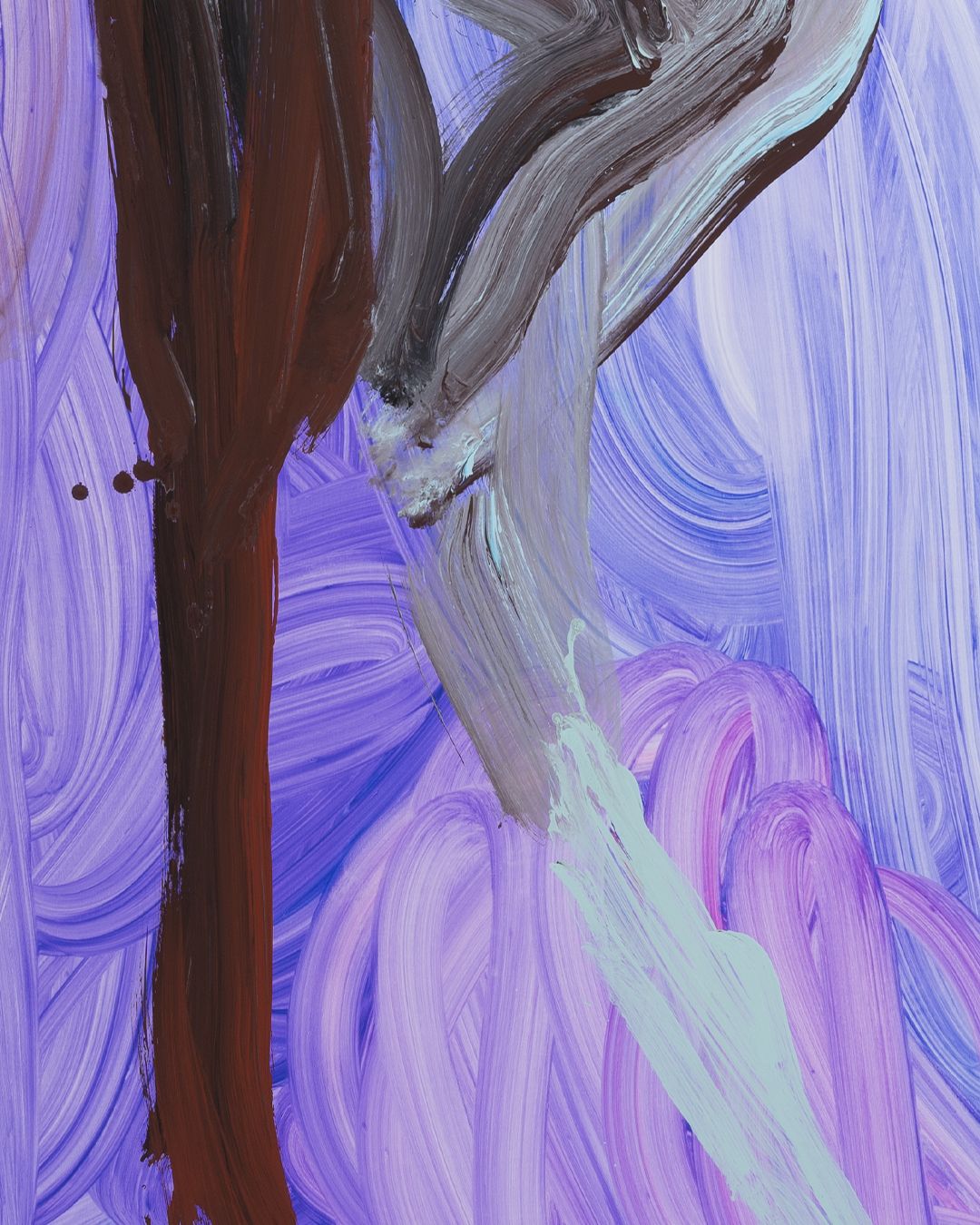
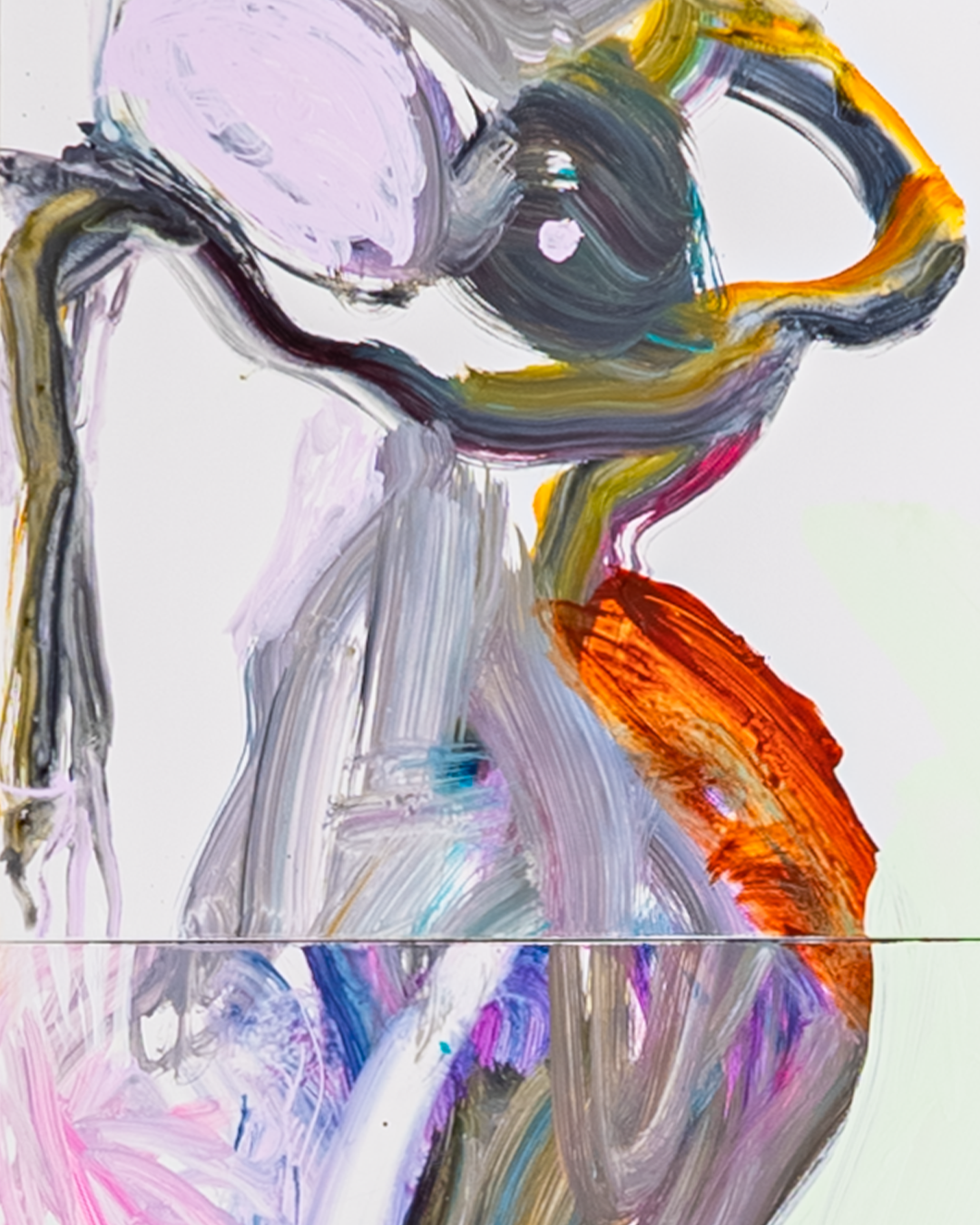
It’s oversaturated, but no one’s doing it like Karina Longworth.
Thank you.
A big part of this magazine is about celebrating pleasure. So I wanted to ask you, what do you watch for pleasure these days?
I watch baseball. I’m a big baseball fan.
Really?
If it’s the right time of the year, that’s what I watch to unwind. And then my husband and I are really into cooking shows. We just finished Top Chef and now we’re watching Tournament of Champions. We’re getting caught up on TOC, as they call it. And it’s silly, but it’s a lot of our favourite celebrity chefs and it’s fun.
That’s so funny because, honestly, I was curious because you are continuously mining Hollywood history for your podcast. And meanwhile, your husband is in direct conversation with contemporary Hollywood. So in my head I was always wondering, how do you guys tune out and just watch things?
Yeah. Those things I mentioned are the things that we watch to relax. Obviously we also watch movies from the past and present, but after a long day or [on] a hot summer day, it’s nice to just sit around and watch baseball.
What excites you about contemporary cinema?
I don’t really want to talk about contemporary cinema.
Okay. I love that. I remember an interview you gave where you said you were writing about contemporary cinema a lot and then one day you were just like, ‘I don’t want to do that anymore. I just want to write about old movies.’
When I was a film critic for a weekly newspaper I was just expected to see everything that comes out. And that’s really draining, especially when, even if you don’t write a review of everything, you’re expected to have an opinion about everything. And I don’t think I’m that kind of person. I don’t have an opinion about most new movies. I’m not interested in most new movies. And right now I think it’s just still such a strange time in terms of distribution and exhibition, post pandemic. So I don’t feel like I’m caught back up to speed in terms of my movie watching yet.
The year is 2050 and you’re doing a You Must Remember This episode on a performer from our era—who is it?
I think in 2050 I might be dead. I don’t know. It’s hard to say. There’s definitely performers who I really like a lot, like I love Adam Driver and Oscar Isaac. But it’s just really hard to say. I don’t really like predicting the future.
What should listeners look out for in Erotic 90s?
It’s going to have a very similar format, in terms of each episode being one year with a couple of surprises. I can tell you that it’s going to start in 1990 and it’s going to end in 1999. And the whole idea is that it’s about working towards Eyes Wide Shut. Eyes Wide Shut is the end of this project.
Oh my God. Perfect. Perfect. This is like The Crown. One episode a year and then it’s leading up to Diana’s death, except it’s Eyes Wide Shut.
Well, I love that comparison. I definitely like The Crown, so hopefully I can be The Crown of podcasting.
You already are! Thank you, Karina.
